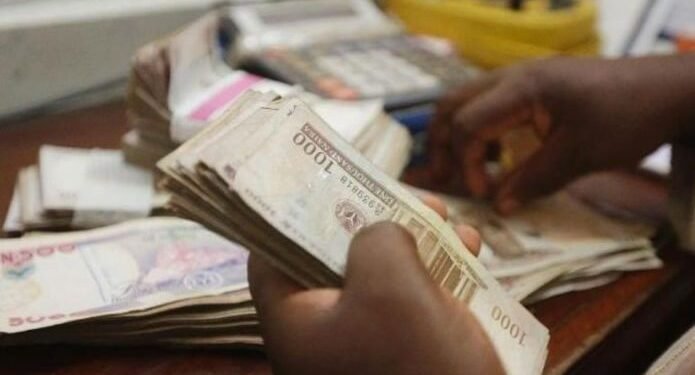The payment of dividends by the Nigerian banking sector is undergoing significant changes, following the Central Bank of Nigeria’s directive to Deposit Money Banks currently operating under regulatory forbearance to suspend dividend payments, defer bonuses for directors, and halt all new investments in foreign subsidiaries or offshore ventures.
The temporary suspension by the apex was bank aimed at strengthening capital buffers and addressing liquidity concerns while ensuring adequate provisioning for regulatory forbearance exposure and Single Obligor Limits (SOL).
This suspension is expected to remain in place until banks have fully provisioned and phased out their regulatory forbearance.
Renaissance Capital in a report titled “Nigerian Banks, Cash is King” delved into the factors influencing banks’ ability to pay dividends in the future and suggested that some banks would likely suspend dividend payout for several years.
The report also highlighted the divergence between cash and accounting profits while providing a bank-specific outlook.
In terms of forbearance exposure, the report ranked Zenith Bank, FirstBank, and Access Bank highest.
For tier-1 lenders, Zenith Bank’s forbearance loans is equivalent to 23% of its gross loan book, FirstBank has an exposure of 14%, Access Bank stands at 4%, according to the report.
The report further estimates Zenith Bank’s total forbearance exposure at $1.6 billion, First Bank at $887 million, Access Bank at $304 million and UBA at $282 million,
Whereas GTCO and Stanbic IBTC have zero exposure to forbearance loans, having already cleaned up their books
For tier-II lenders, Fidelity Bank and FCMB have exposures of 10% and 8% respectively with their forbearance exposures estimated at $296 million for Fidelity Band, and $134 million for FCMB.
How forbearance loans affect dividend payout
Forbearance loans, often classified as Stage 2 loans, recognize interest income in the profit and loss (P&L) when due, without a corresponding cash inflow. Since dividend payouts require actual cash, cash profits are a more reliable indicator than accounting profits which can be inflated by one-off items that are largely unrealized in cash, such as foreign exchange gain.
According to the report, in FY24, ACCESSCORP and ZENITHBANK reported negative cash profits despite positive accounting profits, largely due to their forbearance exposures and unrealized FX-related gains.
On the other hand, GTCO and UBA showed no material difference between interest income earned and received due to their negligible forbearance exposures.
The report further noted that First Bank, Fidelity Bank, and Zenith Bank are at risk of breaching their Single Obligor Limit (SOL) due to estimated forbearance exposures. This limit by the CBN is designed to ensure that credit risks are not concentrated on a single borrower or industry.
In terms of dividend payout, ACCESSCORP, FIRSTHOLDCO, and ZENITHBANK are expected to pause dividend payments until they have fully provisioned for their forbearance and single obligor limit exposures. Dividend payments are anticipated to potentially resume in 2028. It’s important to note that dividends may still be paid from the non-banking subsidiaries. However, it may not be substantial since they contribute only a fraction of the dividend payout.
UBA is expected to resume dividend payments by 2026 at the latest, owing to its strong cash profit position and manageable forbearance exposure of its 6% of gross loans.
For, GTCO there is no anticipated pause in dividend payments in the foreseeable future, according to the report.
According to the report, UBA still need to raise additional capital to meet the CBN’s N500 billion minimum paid-in capital requirement for internationally licensed banks. Whereas ACCESSCORP and ZENITHBANK have already completed their recapitalization exercises.
According to the report, FIDELITYBANK, FCMB, and UBA still need to raise N194.4 billion, N233.8 billion, and N144.8 billion, respectively, to meet regulatory requirements.”
Ifunanya Ikueze is an Engineer, Safety Professional, Writer, Investor, Entrepreneur and Educator.





















































